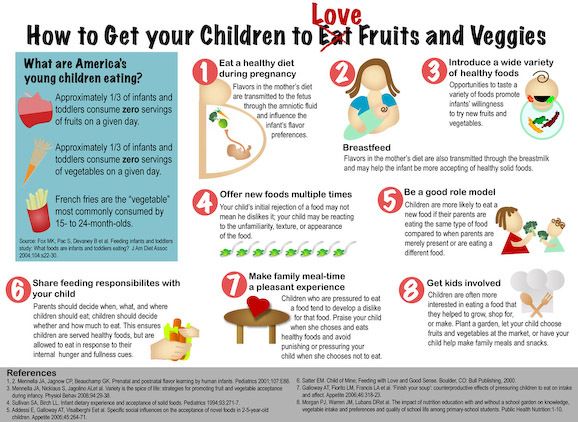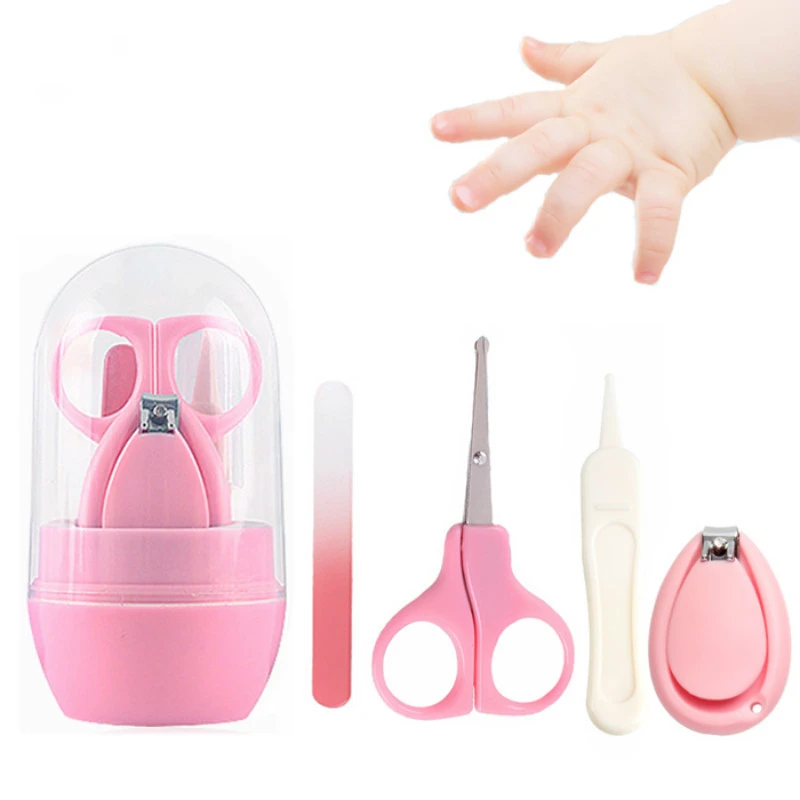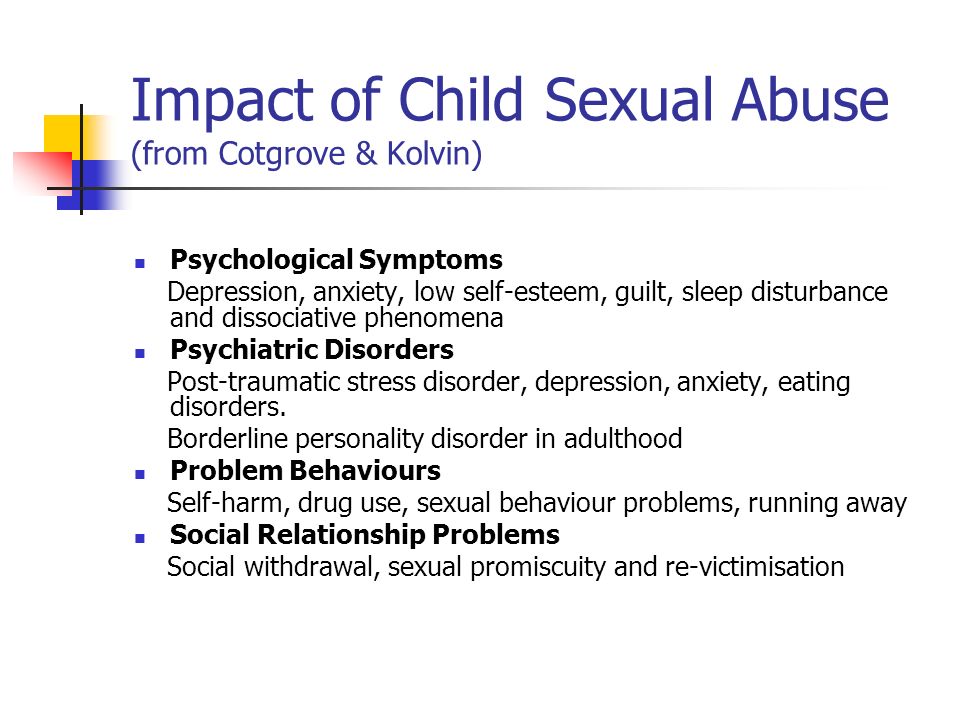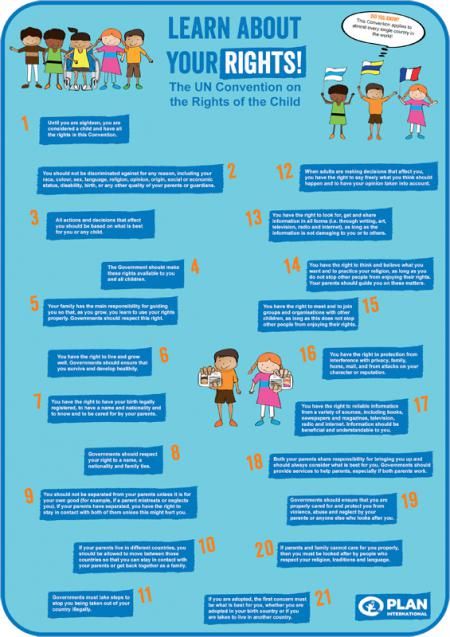How to unspoil your child fast pdf
How to Unspoil Your Kids
Parenting is challenging, but there are ways to help kids make better choices. Here are 5 tips to unspoil your kids and raise kids you like being around.
When kids go from best behavior to obnoxious in ten seconds flat, it can be hard not to feel annoyed…or even downright exasperated! But when a pattern of spoiled behavior emerges, the red flags really go up and we realize it’s time to step back to figure out how to unspoil our kids—and I think many of us eventually realize there’s no simple quick fix.
Several years ago now, we took our girls to a dinosaur-themed restaurant after spending the day at Reptile World in Orlando. Despite the fact that we were surrounding by asteroids “crashing” into the scenery and these amazing, realistic animatronic dinosaurs, my oldest was stuck on ONE thing: the Build-a-Dino Workshop we passed in the gift shop.
Despite a firm NO WAY, she just wouldn’t let up. She couldn’t enjoy all the fun happening around us, instead preferring to complain and whine the entire meal.
I was aggravated, of course.
But mostly? I was worried.
As moms, we always feel like we should be doing more, teaching more, giving more. We want the absolute best for our kids, but we also want to ensure they’re respectful, behaved, and appreciative of all the things they have. We want to teach valuable lessons AND ensure they know they’re loved. We try our best to be fair but firm. We try to provide enough but not too much.
Yet sometimes, despite our best efforts, our kids just act…spoiled. And wow does that hurt.
Turning around spoiled behavior is a process. So please, give yourself a break when your kids get sassy, stubborn or ungrateful. The good news is that children, especially young children, often respond naturally and eagerly to kindness, empathy and unselfish acts. We just need to know how to nudge them in the right direction.
1. Engage Your Kids in Discussion
One of the best ways to help our children be unselfish and kind is to simply talk about it. None of us are perfect, of course (and most of us are far from it!), but children respond incredibly quickly to the idea of charity and giving to others. You might be surprised at some of the answers and thoughts they contribute.
None of us are perfect, of course (and most of us are far from it!), but children respond incredibly quickly to the idea of charity and giving to others. You might be surprised at some of the answers and thoughts they contribute.
Ask your kids to help with charity drives, such as food collection or coats for the needy. Be sure to bring up talking points with your child, such as, “Some kids can’t afford a new coat. What do you think we could do to help them?” or “You’ve outgrown your jacket from last year. Let’s donate it to help someone who doesn’t have their own coat.”
Be sure to delve into how they feel about giving and how they would feel if they didn’t have enough. Try discussing a time when your child felt hungry or cold, or even a time when they faced an emergency. Ask how they felt in that tough situation. Ask questions and talk about ways we can help others facing difficult situations or hardships.
2. Set Goals and Delay Gratification
Remember saving your money when you were a child? Maybe from a paper route or from your first job? I’ll bet you remember the first thing you saved up for and how hard you worked to be able to buy that special item…and I’ll bet you valued it even more because you earned it.
When kids are given things freely, they often lose the sense of value experienced when something is earned. Earning a special item such as a toy or a coveted pair of trendy shoes—or even earning the privilege to participate in an activity—doesn’t have to be punitive. It can actually be quite joyful and exciting. Earning a reward brings the recipient a great deal of satisfaction.
The next time your child asks for something, rather than caving and just handing it over (or dealing out money to purchase the “prize”), ask your child what she thinks she could do to earn the item. Discuss the price and be candid about it. It’s perfectly fine to say, “I didn’t budget money for a Barbie this trip to the store, but I think we can come up with an idea together so you can earn it soon. What do you think you could do to earn enough money (or to earn the privilege)?”
And remember: things don’t have to be the center of attention when it comes to gratification. Our family learned so much when I took away our kids’ toys. Earning privileges can always come in the form of activities, experiences and trips. Our journey toward a more simplified lifestyle has taught all of us the value in creativity and family time in lieu of material things.
Earning privileges can always come in the form of activities, experiences and trips. Our journey toward a more simplified lifestyle has taught all of us the value in creativity and family time in lieu of material things.
I’ll be honest. Whichever path your choose, you’re probably going to face an adjustment period when you first propose these ideas—particularly if it’s new to your child and she hasn’t been told before that she needs to earn privileges.
Setting a goal with your child and then helping them work toward that goal helps them feel successful and proud. It also helps them consider how much they want an item, so they can learn impulse control and delayed gratification.
3. Help Children with Gratitude
Regularly showing gratitude can change your family’s entire mindset. Encourage your kids to write thank you notes and to be sincerely gracious. This is important not just from an etiquette standpoint, but because it teaches children to consider the positive things in their life and to critically think and reflect on kind actions of others.
When someone does something nice for your child or gives her a gift, make it a family policy to write a thank you note. It doesn’t have to be an essay. A short, simple and sincere show of thanks is just fine. Drawing a “thank you picture” is perfectly acceptable for youngsters. Whatever the expression, these thank you activities help kids truly acknowledge the goodness of people around them.
On a similar note, make gratitude a regular family practice. Each day at dinner, ask your kids what they were most grateful for today, or simply ask each family member, “What was the best thing that happened to you today?” Encourage everyone in your family to express their gratitude through prayer and to reflect on the people and happenings that make their life great—and don’t forget the small stuff!
Making gratitude a daily practice helps keep all of us positive, not just the kids. You’ll be amazed at how these little daily additions can really change the dynamic of your entire household.
4. Encourage Positive Outlets and Expressions
As I’m sure you know, kids often struggle measuring their emotions. They feel things deeply and their feelings can change from minute to minute! We’ve all seen one of our kids go from riotous laughter and joy to complete and utter devastation and tears in what seems like seconds. The joyful part can be wonderful and delightful—but the other part, well, not so much.
Approach emotional turmoil with understanding. Teaching your kids how to count to ten, deep breathe, take a personal timeout, or be able to say something like, “I need a minute to calm down” can seem almost comical at first. However, giving your kids coping tools really helps them control some of that emotional energy and make good choices. Help your kids use “I feel” statements, rather than accusatory words, and ask them to identify their emotions, the cause of them, and what they see as the resolution.
5. Lead by Example
While we all try to lead by example, some days are certainly better than others. Many of us struggle to articulate our emotions, focus on the positive, express gratitude, think of others and delay gratification. However, our kids have no better role models than their parents. (No pressure, right??)
Many of us struggle to articulate our emotions, focus on the positive, express gratitude, think of others and delay gratification. However, our kids have no better role models than their parents. (No pressure, right??)
When we approach family life with a positive attitude, we set the tone for your household—and our kids will follow…eventually. When we’ve cleaned the house or worked on family projects, I’m amazed at how readily my girls enthusiastically join the team. Children naturally want to please people and to be included in activities—and they respond quickly to praise and positive response. Our kids might actually have a thing or two to teach us as well!
We all have our spoiled and selfish moments, but by implementing a few tactics and changing our mindset and activities to flow in a more positive direction, we can shift our entire family’s behavior and “unspoil” our kids. Like I said, give yourself a break, but try to be consistent. While it might take a while to see a big change, if you stick with it, I promise it’s worth it.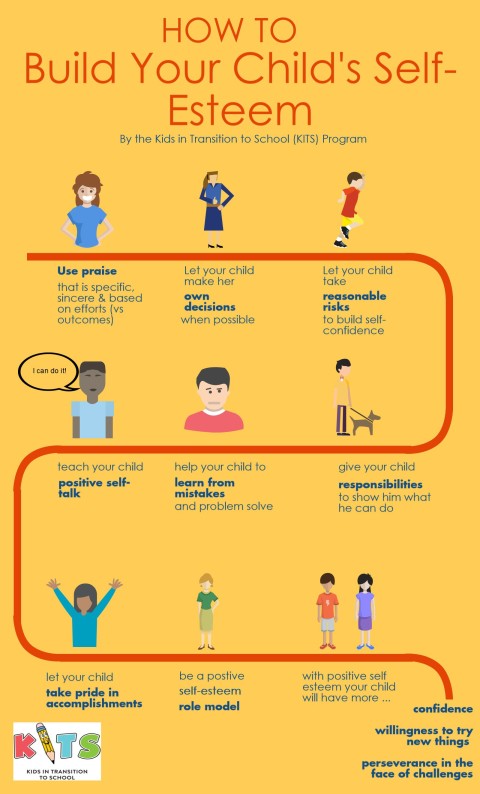
To recap, here are ways on How to Unspoil Your Kids
1. Engage Your Kids in Discussion
2. Set Goals and Delay Gratification
3. Help Children with Gratitude
4. Encourage Positive Outlets and Expressions
5. Lead by Example
Other helpful resources:
- How to Raise Grateful Kids in a Self-Centered World
- How to Help Your Kids Learn to Do It Scared
- Why I Refuse to Be a Helicopter Mom
PIN FOR LATER
Stop the Tantrums, Meltdowns, and Whining with Positive Discipline and Boundary-Setting
25.04.2022 • Views
Share Embed Flag
Visit Link : https://site. bookcenterapp.com/YUMPU/1402242069
Book Synopsis :
You don't have to say yes to prove that you love them. "Describes helpful, pertinent, and loving ways to correct spoiled behavior before it becomes a serious problem." -ParentWorld Nearly 95% of parents feel like they are overindulging their children, but feel powerless to stopping themselves. How to Unspoil Your Child Fast offers a straightforward and practical solution to fixing and preventing the problems of spoiling your children and offers concrete tips, simple strategies, and easy action steps for reversing the effects almost immediately. Feel more confident, competent, and parent more consistently while instilling character and self-reliance in your children today. What parents are saying: "Wonderful, trenchant, and desperately needed." "Short, sweet and to the point for those of us who don't have time to waste." "Truly sensible and useful." "Although my daughters like being doted on, they think I parent better.
bookcenterapp.com/YUMPU/1402242069
Book Synopsis :
You don't have to say yes to prove that you love them. "Describes helpful, pertinent, and loving ways to correct spoiled behavior before it becomes a serious problem." -ParentWorld Nearly 95% of parents feel like they are overindulging their children, but feel powerless to stopping themselves. How to Unspoil Your Child Fast offers a straightforward and practical solution to fixing and preventing the problems of spoiling your children and offers concrete tips, simple strategies, and easy action steps for reversing the effects almost immediately. Feel more confident, competent, and parent more consistently while instilling character and self-reliance in your children today. What parents are saying: "Wonderful, trenchant, and desperately needed." "Short, sweet and to the point for those of us who don't have time to waste." "Truly sensible and useful." "Although my daughters like being doted on, they think I parent better. ..when I utilize many of Dr. Bromfield's suggestions. I highly recommend this book."
..when I utilize many of Dr. Bromfield's suggestions. I highly recommend this book."
Visit Link : https://site.bookcenterapp.com/YUMPU/1402242069
Book Synopsis :
You don't have to say yes to prove that you love them. "Describes helpful, pertinent, and loving ways to correct spoiled behavior before it becomes a serious problem." -ParentWorld Nearly 95% of parents feel like they are overindulging their children, but feel powerless to stopping themselves. How to Unspoil Your Child Fast offers a straightforward and practical solution to fixing and preventing the problems of spoiling your children and offers concrete tips, simple strategies, and easy action steps for reversing the effects almost immediately. Feel more confident, competent, and parent more consistently while instilling character and self-reliance in your children today. What parents are saying: "Wonderful, trenchant, and desperately needed.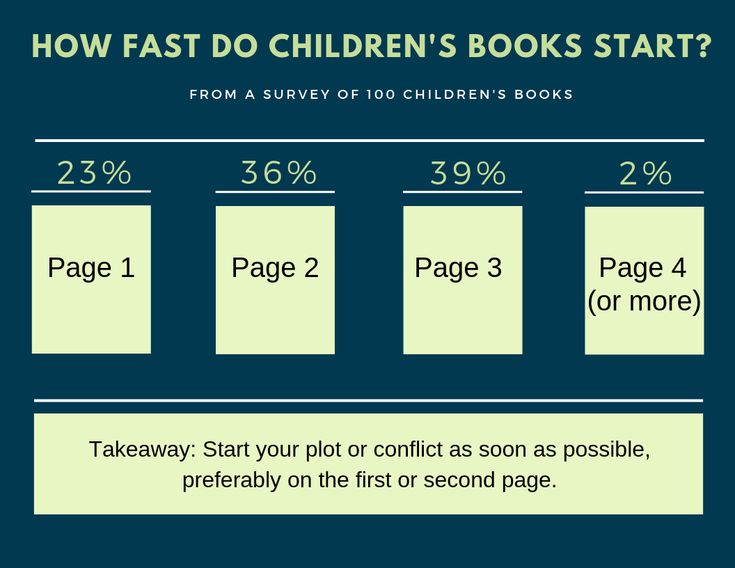 " "Short, sweet and to the point for those of us who don't have time to waste." "Truly sensible and useful." "Although my daughters like being doted on, they think I parent better...when I utilize many of Dr. Bromfield's suggestions. I highly recommend this book."
" "Short, sweet and to the point for those of us who don't have time to waste." "Truly sensible and useful." "Although my daughters like being doted on, they think I parent better...when I utilize many of Dr. Bromfield's suggestions. I highly recommend this book."
SHOW MORE
SHOW LESS
You also want an ePaper? Increase the reach of your titles
YUMPU automatically turns print PDFs into web optimized ePapers that Google loves.
START NOW
- More documents
- Similar magazines
- Info
Inappropriate
Loading.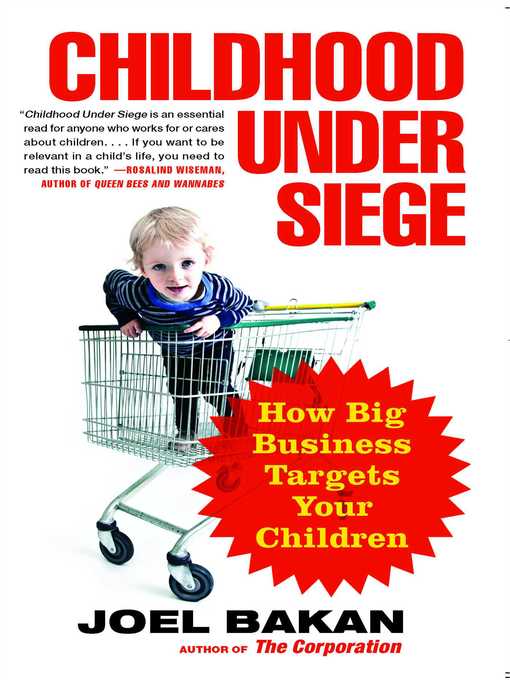 ..
..
Inappropriate
You have already flagged this document.
Thank you, for helping us keep this platform clean.
The editors will have a look at it as soon as possible.
Mail this publication
Loading...
Embed
Loading...
Delete template?
Are you sure you want to delete your template?
For this magazine there is no download available
Magazine: (PDF) How to Unspoil Your Child Fast: Stop the Tantrums, Meltdowns, and Whining with Positive Discipline and Boundary-Setting
Save as template?
Description
no error
How not to spoil a child. 20 ways for parents.
Ten-year-old Anya was assigned to clean the bathroom. After minimal effort, she becomes annoyed and says: “Why should I clean up, it’s not fair!”
Vanya has to wash the dishes. Tomorrow he has a test, and dad wants to let him go so that he can prepare better.
Tomorrow he has a test, and dad wants to let him go so that he can prepare better.
Sound familiar?
Children's behavior can make you feel guilty and insecure about your parenting style. There are many reasons why we want to give in to children and let them not do what they should be doing.
We often want to be their friends more than their parents. In addition, we can be frustrated by how children snap when we demand that they fulfill agreements, and pressure about the fact that “Everyone in the class already has ...” or “No one in the class is forced ..” sometimes prevents us from sticking to rules.
1. Stop constantly telling your child that he is special or the best so that he does not expect special treatment.
2. Stop worrying too much about your child and taking care of him. He needs your trust, not excitement.
3. Don't let your child snap or be rude when you ask to do something.
4. Have the child replace or fix the toys they broke.
5. Even if the child is super busy, he should have responsibilities that are useful for the whole family.
6. Let your child earn or deserve the things he wants to get.
7. Give your child pocket money and let him learn to count on it and manage it, and not ask you to constantly buy this and that.
8. Place your child on their first part-time job by the age of 16 or even earlier.
9. Do not cook for the child separately “to order”, let him eat what the whole family eats.
10. Have educational conversations if the child breaks the rules.
11. Don't let your child make everything negotiable. Let him know that you are the parent and you decide. There are many situations that are non-negotiable.
12. If a child has borrowed money from you, make sure that he returns it on time (for children who have pocket money).
13. Teach your child to manage their own screen time.
14. Let the child do his own work… don't do it for him.
15. Teach your child how to manage his irritation and discontent.
16. Don't let yourself be disrespected.
17. Make time for the child, not for things.
18. Teach your child patience.
19. Help your child realize that "difficult" is often good, and waiting builds character.
20. Ask your child before bed what three things they are grateful for today.
You may be thinking, "This is too hard!"
One of the important things that most parenting books do NOT say is that while you are nurturing your child's character, he is nurturing yours.
I agree, it takes a lot of time and is not always easy. But I assure you, if you do not give the child time now, then you will have to give it much more.
It will be better for both you and the child not to put off education until later.
Advice to parents : check the boxes that you should work on with your child. Pick one of the items you've checked and work on it until you're successful, then work on the next one. Avoid working on two topics at once to avoid overloading both you and your child.
Avoid working on two topics at once to avoid overloading both you and your child.
Also watch the video "How to praise a child and why"
Register for a free online marathon "Education without shouting and punishment", which will take place very soon.
If this article was helpful to you, please leave a comment below and use the social media buttons to share this article with your friends to help them become happier.
See also:
- How I met Katherine Quals and decided to become a psychologist.
- 5 quick ways to get in touch with your child.
- 6 steps to help your child hear you.
- How to tell a child about death.

- Do not say things to your child that you will later regret.
- What to do when children quarrel. 10 important rules for parents.
Article | Is it possible to spoil a baby?
Can a mother's boundless love harm a child? Do I need to comfort the baby and take him in my arms every time he cries? Will he not grow up to be an egoist and a skilled manipulator if, in response to his request, he always receives the attention of an adult who cares about him? Several generations of parents argued about this. What do the experts think?
Our nature is such that a baby is not able to survive alone, so he really needs constant attention from his mother or other adult who takes care of him. “A child’s need for adult care is a vital need,” writes psychologist Lyudmila Petranovskaya in The Big Book About You and Your Child. “It’s not about ‘it would be nice’, it’s not about ‘it’s lonely and sad without a mother’, it’s about life or death.”
But many parents have fears: “What if, if I respond to all his demands, he will get used to controlling me and completely subordinate me to his will?” In addition, the notions of upbringing that guided parents in the 20th century are still quite common: “If you often take them in your arms, he won’t get off them!”, “You will teach that you are always there, then you won’t be able to go anywhere!” How to respond to these fears?
When a child calls for help
The infant is not able to build relationships of cause and effect: “I will cry until I get what I want!” The crying of a small child is not a method of controlling an adult, but a means of communication and a way to satisfy their needs.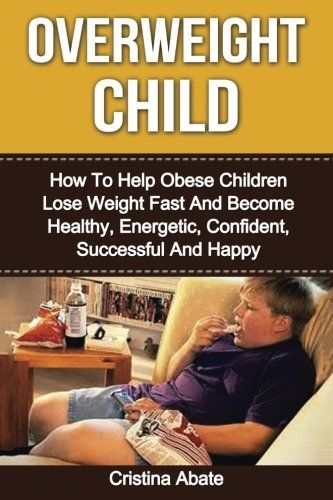 This mechanism is laid down by nature to ensure the survival of a helpless creature. “A person has ways to call someone who is more adaptive to the environment in its changing options and who will satisfy his needs,” says psychologist Tatyana Kotova. “This is the instinct of affection that animals also have.”
This mechanism is laid down by nature to ensure the survival of a helpless creature. “A person has ways to call someone who is more adaptive to the environment in its changing options and who will satisfy his needs,” says psychologist Tatyana Kotova. “This is the instinct of affection that animals also have.”
If the baby is crying or acting restless, it is usually due to the fact that he wants to eat, he is cold, unpleasant from an overflowing diaper, something hurts him. But sometimes the baby is just bored and wants to make sure that his mother has not abandoned him, that he is safe. Ignoring the child at such a moment will not teach him to understand his needs on his own, because for this he needs the presence of an adult nearby.
Why is it important to respond to the requests of an infant
If the mother calmly and regularly responds to the child's calls, finding out what he needs or just being near him, then the child will be confident that a significant adult will be able to satisfy his needs. This is how relationships of secure attachment are built, which are necessary for the mental and emotional development of the child.
This is how relationships of secure attachment are built, which are necessary for the mental and emotional development of the child.
Lyudmila Petranovskaya "A big book about you and your child"
A child can have a strong connection not only with his mother. Any adult - dad, grandmother, older sister, permanent nanny - can tie their "strings" in a relationship with a baby. Their dependence on each other is not as strongly related to physiology as that of a mother, but any adult reflexively reacts to the cry, cry, smile of a baby and is able to attach to the baby just as tightly.
Benefits for the child
Experts say that children who form secure attachment relationships with their adults are better able to cope with preschool stress, get along better with other children, and are more likely to be physically and emotionally healthier as they grow up.
Communication with a child in the first year of his life is aimed at establishing a strong bond with an adult. Experts advise replacing the question “Will I spoil my child?” to “How can I help my baby develop a secure attachment?”
Experts advise replacing the question “Will I spoil my child?” to “How can I help my baby develop a secure attachment?”
A lack of physical contact has been proven to negatively affect the development of a newborn. Conversely, a warm, trusting relationship between parents and a child provides him with a sense of security. “This is the very feeling that psychologists call basic trust in the world,” says Lyudmila Petranovskaya. “And it very much determines the future relationship of a person with himself and with life.”
The child needs love, care and attention. And the benefits of meeting these needs will be enormous. Here's what the experts have noticed.
- Touch and caress regulate the child's nervous system.
- When you "lisp" with a child, his brain gets more energy.
- Those newborns who are "spoiled" by their parents develop faster.
- Physical contact promotes a strong bond between parent and child.
“Attachment gives us not only a sense of security and goal setting, but also provides communication,” says Tatyana Kotova.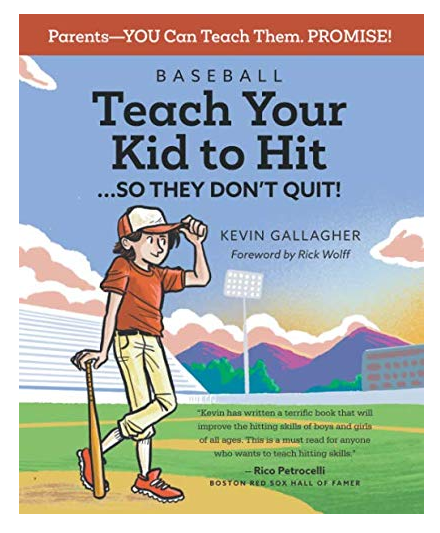 — And communication is already opening the gates for learning in a very wide range. We begin to understand the tears of a baby as a kind of message. Mom thinks: “He wants to tell me something,” and begins to communicate with him. And this communication enriches the child.”
— And communication is already opening the gates for learning in a very wide range. We begin to understand the tears of a baby as a kind of message. Mom thinks: “He wants to tell me something,” and begins to communicate with him. And this communication enriches the child.”
If a child fails to build a reliable attachment with his adult, he experiences constant stress, it is difficult to calm him down, it is difficult to build relationships with him. Anxiety, fears, frustration will accompany in the future a child deprived of warm relations with parents in early childhood.
Benefits for the mother
There are many positive things for the mother in close connection with the child. In addition to the joy and pleasure of contemplating your happy and calm baby, there is another reason why it is worth "spoiling" him.
Upon contact with a baby, a woman's body releases hormones that stimulate the production of breast milk. And natural feeding, in turn, is not only useful for the baby, but also strengthens the physical and mental health of a woman. The hormones that are produced at the time of caring for a child have a calming effect on a woman and give her confidence that she is a good mother.
The hormones that are produced at the time of caring for a child have a calming effect on a woman and give her confidence that she is a good mother.
So carry the baby in your arms, hug, cover with kisses, stroke, caress, rock in your arms. Sing lullabies and just songs to him, tell famous fairy tales and stories of your own composition. In a word, do not restrain yourself, freely express your love and tenderness so that the baby feels them. It would be a shame to miss this unique and short time of the closest and most complete contact.
"I exist, and that's good"
In many cultures, a woman was not separated from her baby for the entire first year after his birth. In some nations, young mothers even physically remain one with the child, because they carry it tied on themselves for a long time. They are not afraid that children will "hang" on them forever and grow up spoiled. On the contrary, such kids are independent and open to the world, unlike modern city children, who are more anxious, helpless and insecure.